Simons Simplex Collection
Recent articles
Four autism subtypes map onto distinct genes, traits
An analysis of more than 5,000 autistic children and their siblings underscores the idea that autism can be understood as multiple conditions with distinct trajectories.
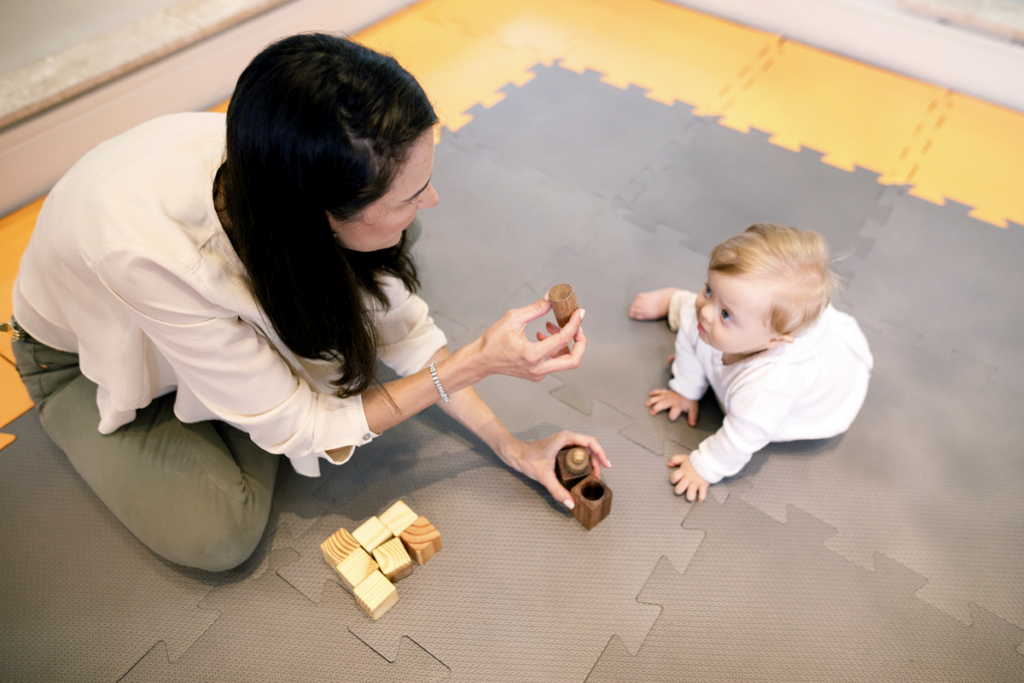
Four autism subtypes map onto distinct genes, traits
An analysis of more than 5,000 autistic children and their siblings underscores the idea that autism can be understood as multiple conditions with distinct trajectories.
Untangling biological threads from autism’s phenotypic patchwork reveals four core subtypes
People belonging to the same subtype share genetic variants, behaviors and often co-occurring diagnoses, according to a new preprint.
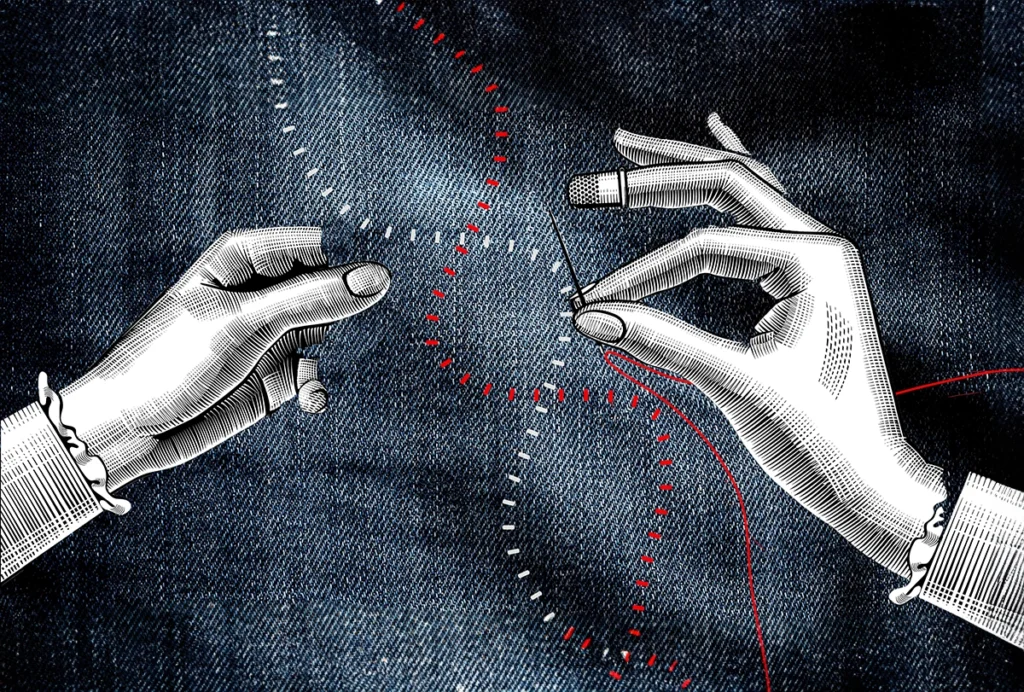
Untangling biological threads from autism’s phenotypic patchwork reveals four core subtypes
People belonging to the same subtype share genetic variants, behaviors and often co-occurring diagnoses, according to a new preprint.
Genome structure could be key factor in some forms of autism
Variants in DNA stretches that do not code for proteins may alter the genome’s 3D architecture, influencing the expression of distant genes linked to autism.
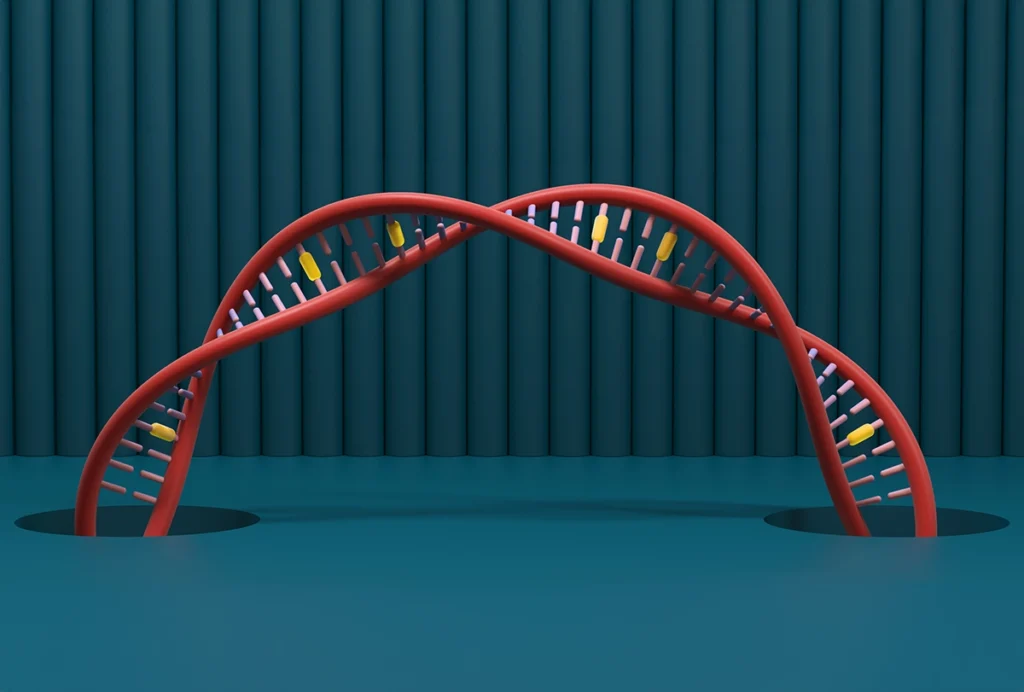
Genome structure could be key factor in some forms of autism
Variants in DNA stretches that do not code for proteins may alter the genome’s 3D architecture, influencing the expression of distant genes linked to autism.
Some who lack autism diagnosis carry variants tied to the condition
The variants are associated with slight differences in measures of intelligence, income and employment, but the relationship may not be causal.

Some who lack autism diagnosis carry variants tied to the condition
The variants are associated with slight differences in measures of intelligence, income and employment, but the relationship may not be causal.
Null and Noteworthy: Modified MRI; father findings
This month’s newsletter tackles null findings from an attempted replication of a “revolutionary” MRI approach and an analysis of family genetics.
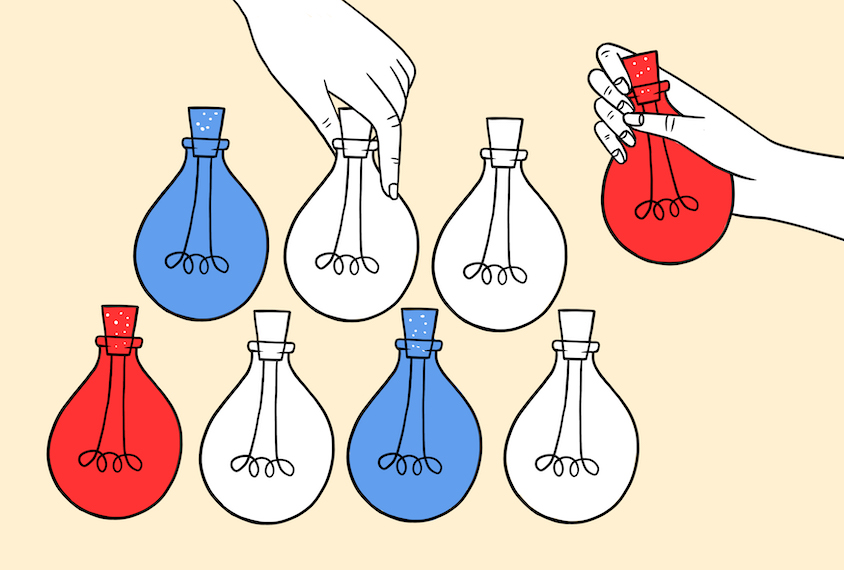
Null and Noteworthy: Modified MRI; father findings
This month’s newsletter tackles null findings from an attempted replication of a “revolutionary” MRI approach and an analysis of family genetics.
X-chromosome variants help explain autism’s sex bias
The rare variants are also linked to ADHD and Tourette syndrome, two other conditions that disproportionately affect boys and men.
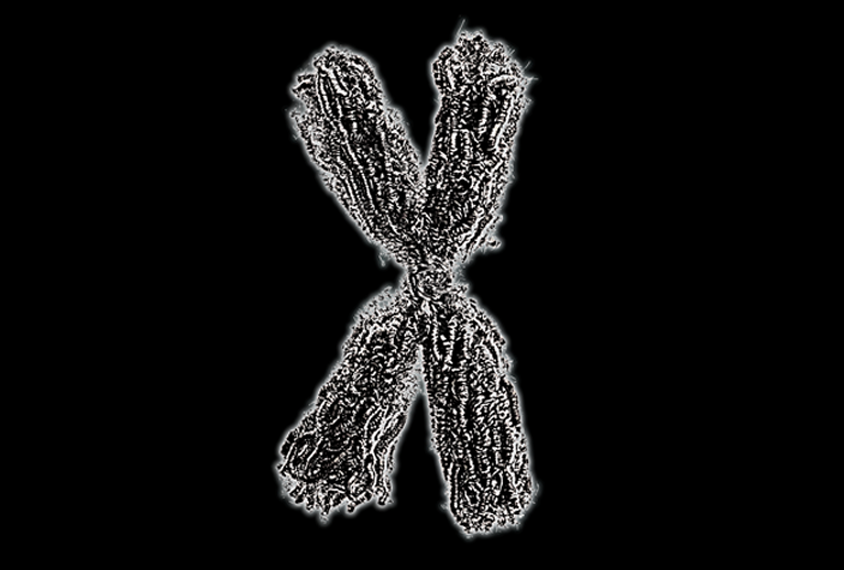
X-chromosome variants help explain autism’s sex bias
The rare variants are also linked to ADHD and Tourette syndrome, two other conditions that disproportionately affect boys and men.
Scans of sundry variant types uncover autism-linked genes
Troves of sequencing data reveal genes tied to autism through different variant types, providing a more complete picture of the condition’s genetic roots and new clues to its heterogeneity.

Scans of sundry variant types uncover autism-linked genes
Troves of sequencing data reveal genes tied to autism through different variant types, providing a more complete picture of the condition’s genetic roots and new clues to its heterogeneity.
Mutations disrupting chromatin interactions contribute to autism
The mutations occur spontaneously in noncoding stretches of DNA that control gene expression.
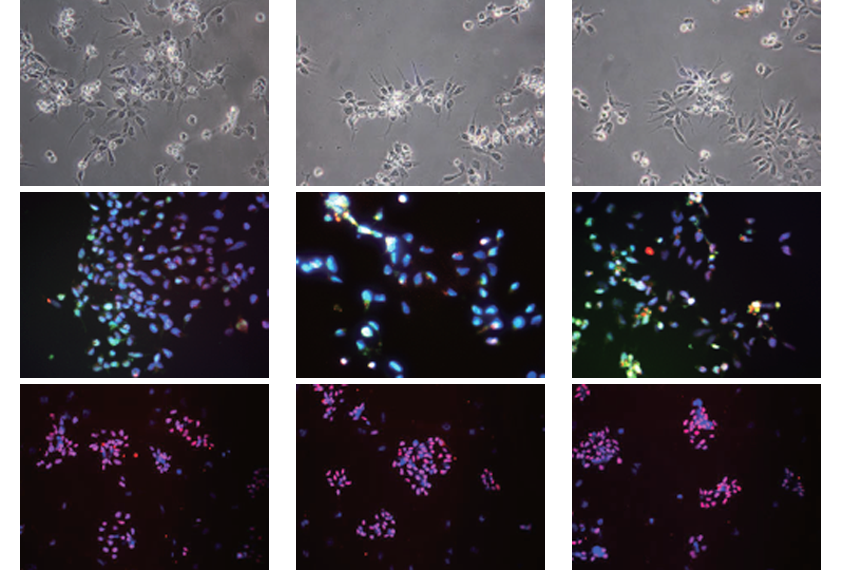
Mutations disrupting chromatin interactions contribute to autism
The mutations occur spontaneously in noncoding stretches of DNA that control gene expression.
The final frontier: Autism geneticists take on the noncoding genome
The vast stretches of DNA that don't code for proteins could fill key knowledge gaps about autism genetics. But making sense of it all won't be easy.
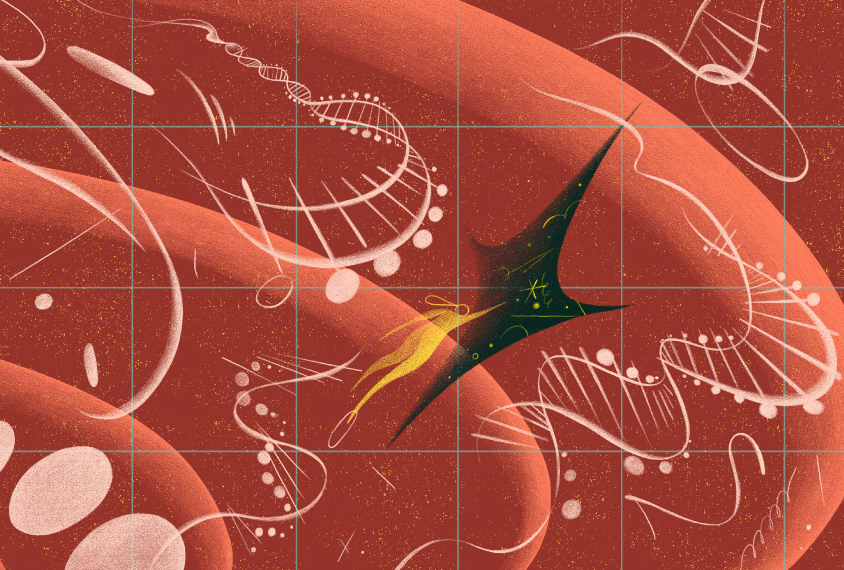
The final frontier: Autism geneticists take on the noncoding genome
The vast stretches of DNA that don't code for proteins could fill key knowledge gaps about autism genetics. But making sense of it all won't be easy.
Common inherited variants tied to autism show sex bias in families
Siblings of autistic females are more likely to have autism than siblings of autistic males are, and mothers of autistic children carry more common, autism-linked variants than fathers do.
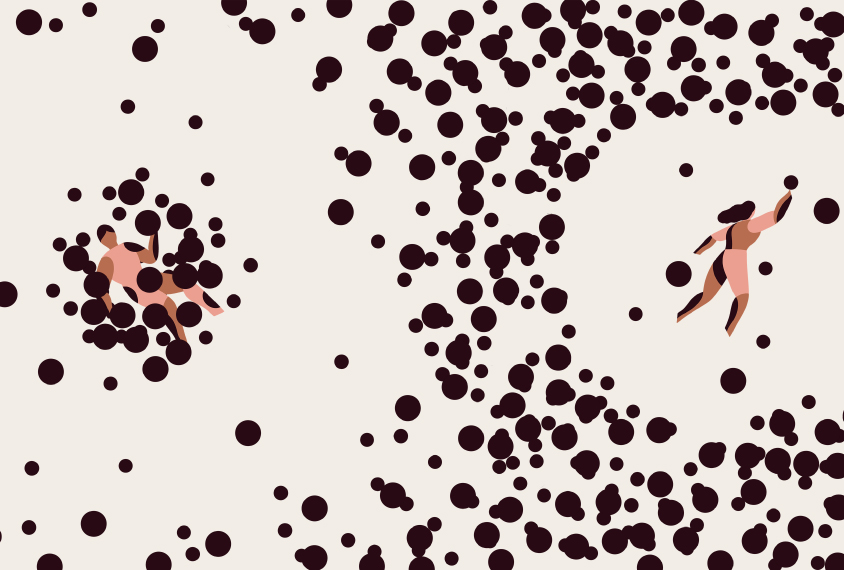
Common inherited variants tied to autism show sex bias in families
Siblings of autistic females are more likely to have autism than siblings of autistic males are, and mothers of autistic children carry more common, autism-linked variants than fathers do.
Explore more from The Transmitter
Oligodendrocytes need mechanical cues to myelinate axons correctly
Without the mechanosensor TMEM63A, the cells cannot deposit the appropriate amount of insulation, according to a new study.
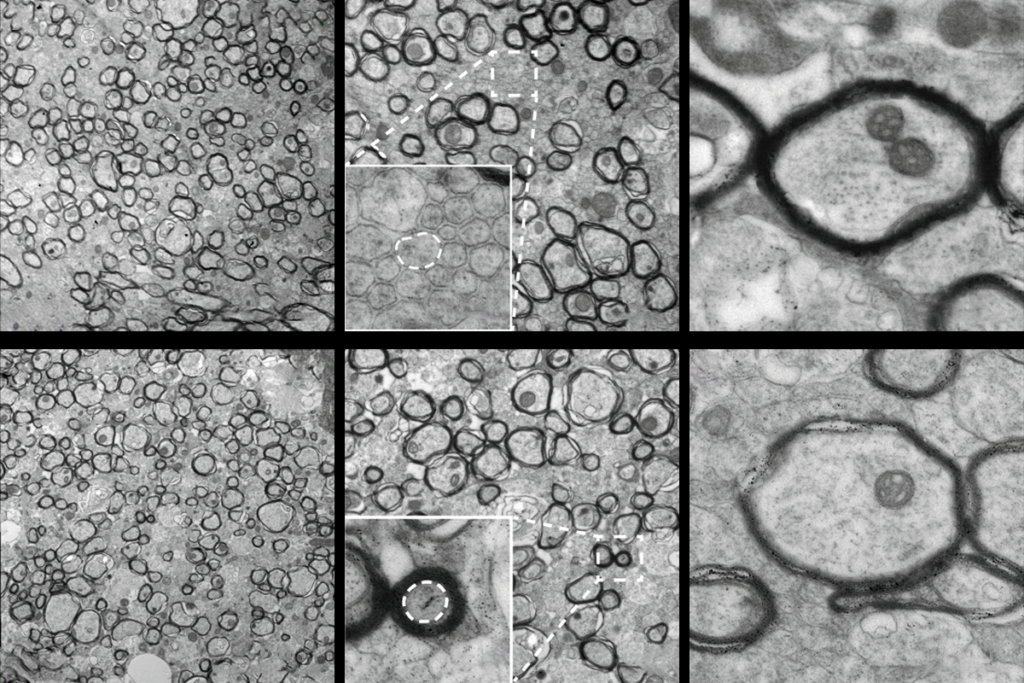
Oligodendrocytes need mechanical cues to myelinate axons correctly
Without the mechanosensor TMEM63A, the cells cannot deposit the appropriate amount of insulation, according to a new study.
Modern AI is simply no match for the complexity likely required for harboring consciousness, says Jaan Aru
He argues that our brain’s computations are of a completely different nature than any artificial intelligence because they take place across many spatial and temporal scales and are inextricably entwined with biological materials.
Modern AI is simply no match for the complexity likely required for harboring consciousness, says Jaan Aru
He argues that our brain’s computations are of a completely different nature than any artificial intelligence because they take place across many spatial and temporal scales and are inextricably entwined with biological materials.
Interneurons’ role in epilepsy, and more
Here is a roundup of autism-related news and research spotted around the web for the week of 9 February.

Interneurons’ role in epilepsy, and more
Here is a roundup of autism-related news and research spotted around the web for the week of 9 February.